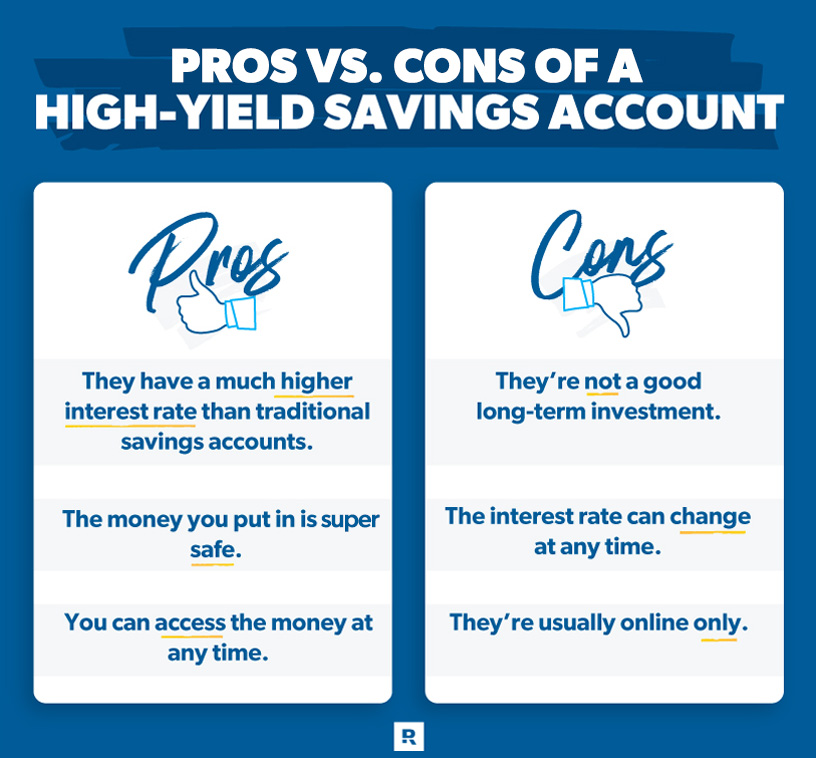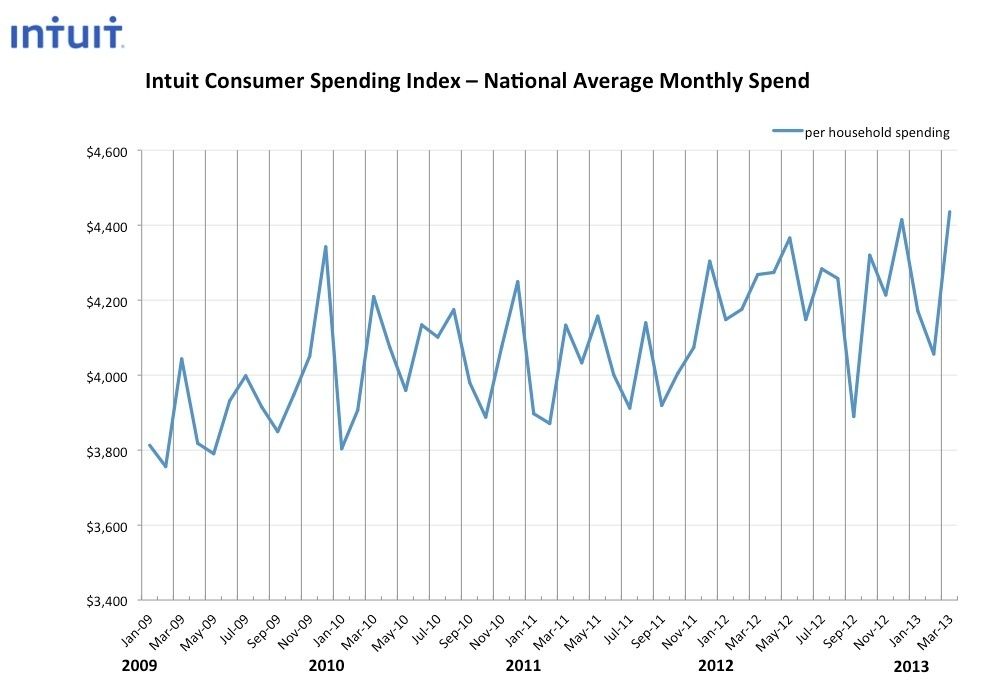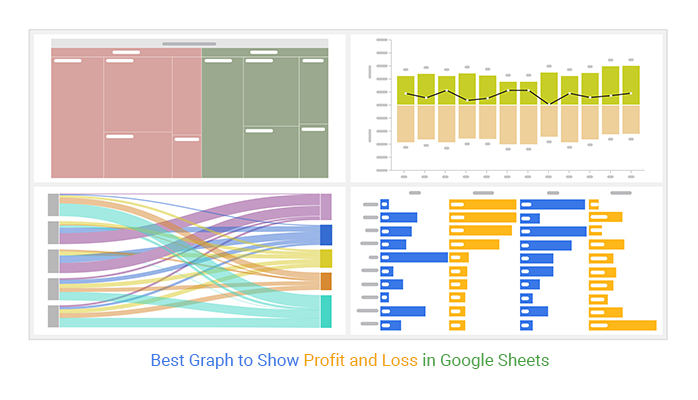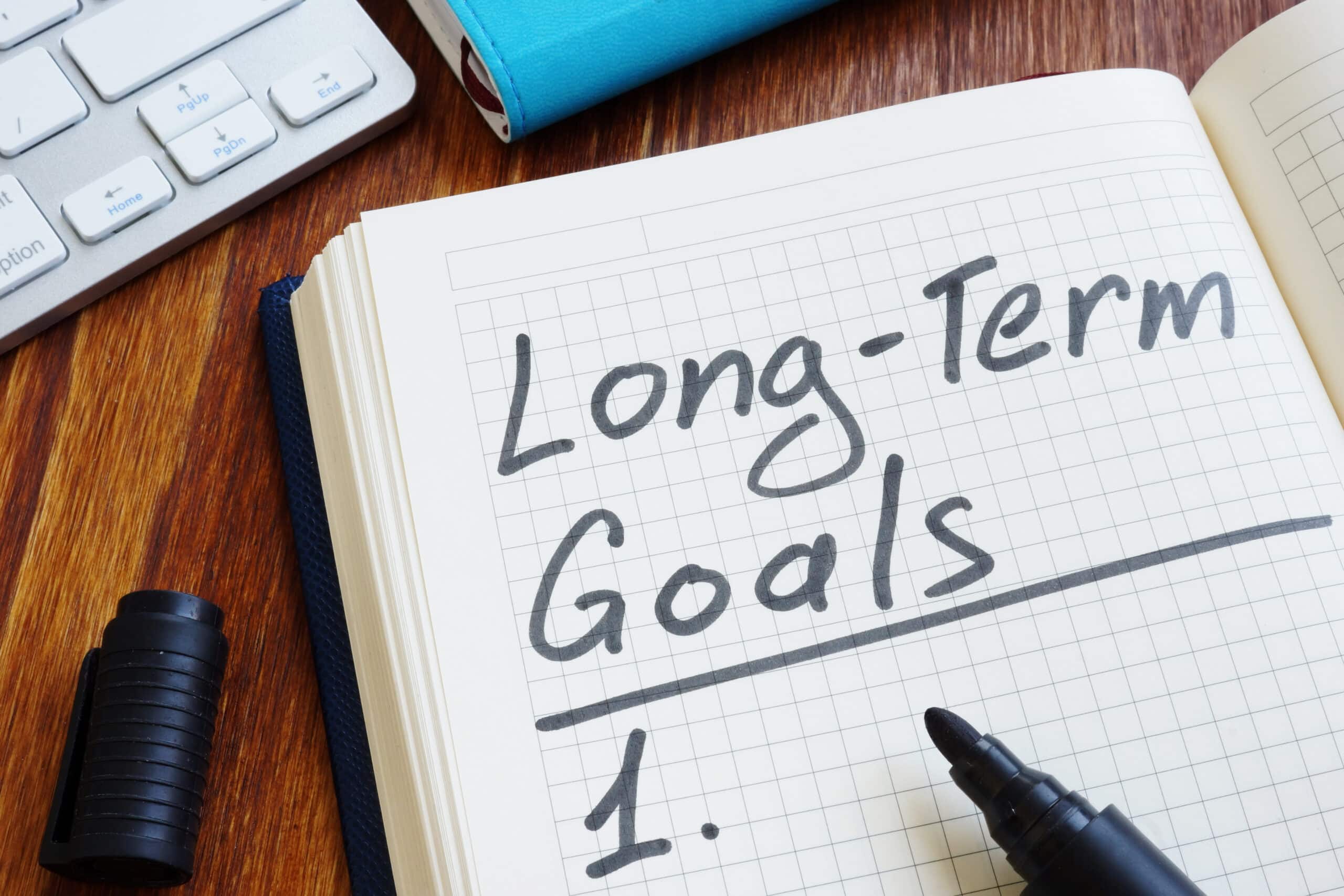Defining a Good Income: What Does it Mean to You?
When it comes to determining whether $2000 a month is a good income, it’s essential to consider the subjective nature of this question. What constitutes a good income varies significantly from person to person, depending on factors such as location, lifestyle, and personal goals. For some, $2000 a month may be a comfortable income, allowing them to cover basic needs, enjoy some discretionary income, and potentially save for the future. However, for others, this amount may be insufficient, leading to financial stress and difficulty making ends meet.
The concept of a good income is often tied to the cost of living in a particular area. For instance, $2000 a month may be a relatively high income in some rural areas, where the cost of living is lower, but it may be a modest income in urban areas, where the cost of living is higher. Additionally, personal goals and priorities play a significant role in determining what constitutes a good income. For example, someone who values financial independence and saving for the future may consider $2000 a month a good income, while someone who prioritizes luxury and material possessions may not.
Furthermore, the definition of a good income can change over time. As individuals progress in their careers, their income expectations may increase, and what was once considered a good income may no longer be sufficient. Similarly, changes in personal circumstances, such as marriage, children, or health issues, can also impact what constitutes a good income.
Ultimately, whether $2000 a month is a good income depends on individual circumstances. It’s crucial to consider factors such as location, lifestyle, and personal goals when determining what constitutes a good income. By understanding these factors, individuals can better assess their financial situation and make informed decisions about their income and expenses.
How to Determine if $2000 a Month is Enough for Your Lifestyle
To determine if $2000 a month is enough for your lifestyle, it’s essential to assess your personal financial needs. This involves calculating your expenses, debt, and savings goals. By understanding where your money is going, you can make informed decisions about your income and expenses.
Start by tracking your expenses for a month to get a clear picture of your spending habits. Write down every single transaction, including small purchases like coffee or snacks. This will help you identify areas where you can cut back and allocate your money more efficiently.
Next, calculate your debt obligations, including credit card debt, student loans, and personal loans. Make a list of your debts, including the balance, interest rate, and minimum payment due. This will help you determine how much of your income should go towards debt repayment.
Then, consider your savings goals. Do you want to save for a down payment on a house, retirement, or a big purchase? Determine how much you need to save each month to reach your goals. You can use the 50/30/20 rule as a guideline: 50% of your income should go towards necessary expenses, 30% towards discretionary spending, and 20% towards saving and debt repayment.
Once you have a clear picture of your expenses, debt, and savings goals, you can create a budget that works for you. A budget is a plan for how you want to allocate your money towards different expenses. It’s essential to prioritize your needs over your wants and make adjustments as needed.
For example, if you find that you’re spending too much on dining out, you can cut back on that expense and allocate the money towards saving or debt repayment. Similarly, if you’re not saving enough for retirement, you can increase your contributions to your 401(k) or IRA.
By following these steps, you can determine if $2000 a month is enough for your lifestyle. Remember, it’s not just about the amount of money you earn, but also how you manage it. By creating a budget and prioritizing your needs, you can make the most of your income and achieve your financial goals.
The Pros and Cons of Earning $2000 a Month
Earning $2000 a month can have its advantages and disadvantages. On the one hand, this income level can provide a comfortable lifestyle, allowing individuals to cover their basic needs, enjoy some discretionary income, and potentially save for the future. For example, $2000 a month can provide a decent standard of living in many parts of the country, allowing individuals to afford a modest home, a reliable car, and some entertainment expenses.
On the other hand, earning $2000 a month can also have its limitations. For instance, this income level may not provide enough financial flexibility to absorb unexpected expenses or financial shocks. Additionally, $2000 a month may not be enough to save for long-term goals, such as retirement or a down payment on a house. Furthermore, this income level may also lead to financial stress and anxiety, particularly if individuals have high expenses or debt obligations.
Another con of earning $2000 a month is that it may not be enough to keep up with the cost of living in certain areas. For example, in cities with a high cost of living, such as San Francisco or New York, $2000 a month may not be enough to afford a decent standard of living. In these areas, individuals may need to earn significantly more to afford the basics, let alone enjoy some discretionary income.
Despite these limitations, earning $2000 a month can still be a good income for many individuals. For example, those who are just starting out in their careers or who are living in areas with a low cost of living may find that $2000 a month provides a comfortable lifestyle. Additionally, individuals who are able to budget effectively and make smart financial decisions may be able to make the most of this income level and achieve their financial goals.
Ultimately, whether $2000 a month is a good income depends on individual circumstances. It’s essential to consider factors such as location, lifestyle, and personal goals when determining whether this income level is sufficient. By understanding the pros and cons of earning $2000 a month, individuals can make informed decisions about their financial situation and create a plan to achieve their goals.
How to Make the Most of a $2000 a Month Income
While $2000 a month may not be a high income, it can still provide a comfortable lifestyle if managed effectively. To make the most of this income, it’s essential to reduce expenses, increase income through side hustles, and invest for the future.
One way to reduce expenses is to create a budget and track your spending. Identify areas where you can cut back, such as dining out or subscription services, and allocate that money towards savings or debt repayment. Consider using the 50/30/20 rule, where 50% of your income goes towards necessary expenses, 30% towards discretionary spending, and 20% towards saving and debt repayment.
Another way to make the most of a $2000 a month income is to increase your income through side hustles. Consider freelancing, selling products online, or renting out a spare room on Airbnb. These side hustles can provide an additional $500-$1000 per month, which can be used to pay off debt, save for retirement, or invest in a down payment on a house.
Investing for the future is also crucial when earning $2000 a month. Consider contributing to a retirement account, such as a 401(k) or IRA, and take advantage of any employer match. You can also invest in a taxable brokerage account or a robo-advisor, which can provide a higher return on investment than a traditional savings account.
Additionally, consider using tax-advantaged accounts, such as a Health Savings Account (HSA) or a Flexible Spending Account (FSA), to save for medical expenses or childcare costs. These accounts can provide a triple tax benefit, where contributions are tax-deductible, earnings are tax-free, and withdrawals are tax-free if used for qualified expenses.
Finally, consider using a budgeting app, such as Mint or You Need a Budget (YNAB), to track your spending and stay on top of your finances. These apps can provide a clear picture of your financial situation and help you make informed decisions about your money.
By following these tips, you can make the most of a $2000 a month income and achieve your financial goals. Remember, it’s not just about the amount of money you earn, but also how you manage it.
Comparing $2000 a Month to the National Average
The national average income varies depending on the source and methodology used to calculate it. However, according to data from the U.S. Bureau of Labor Statistics, the median annual wage for all occupations was $41,693 in May 2020. This translates to a monthly income of approximately $3,474.
In comparison, $2000 a month is significantly lower than the national average. However, it’s essential to consider that the national average income includes a wide range of occupations, from entry-level positions to high-paying jobs. Additionally, the cost of living varies significantly depending on the location, which can impact the purchasing power of $2000 a month.
Earning above the national average can provide a higher standard of living and more financial flexibility. However, it’s crucial to consider that a higher income does not necessarily translate to a better quality of life. Other factors, such as job satisfaction, work-life balance, and personal fulfillment, also play a significant role in determining overall happiness and well-being.
On the other hand, earning below the national average can be challenging, especially in areas with a high cost of living. However, it’s not impossible to make ends meet on a lower income. By creating a budget, reducing expenses, and increasing income through side hustles or education, individuals can still achieve financial stability and security.
Ultimately, whether $2000 a month is a good income depends on individual circumstances. It’s essential to consider factors such as location, lifestyle, and personal goals when determining whether this income level is sufficient. By understanding the national average income and how $2000 a month compares, individuals can make informed decisions about their financial situation and create a plan to achieve their goals.
The Impact of Location on the Value of $2000 a Month
The value of $2000 a month can vary significantly depending on the location. In areas with a low cost of living, $2000 a month can provide a comfortable lifestyle, while in areas with a high cost of living, it may be more challenging to make ends meet.
For example, in cities like New York or San Francisco, $2000 a month may not be enough to cover basic expenses, such as rent, food, and transportation. In these areas, the cost of living is high, and $2000 a month may only cover about 50-60% of the necessary expenses.
On the other hand, in cities like Des Moines or Omaha, $2000 a month can provide a comfortable lifestyle. The cost of living in these areas is lower, and $2000 a month can cover about 80-90% of the necessary expenses.
Additionally, the cost of living can also vary within a city. For example, living in a downtown area may be more expensive than living in a suburban area. Therefore, it’s essential to consider the specific location and cost of living when determining whether $2000 a month is a good income.
Some of the cities where $2000 a month can provide a comfortable lifestyle include:
- Des Moines, IA
- Omaha, NE
- Wichita, KS
- Knoxville, TN
- Chattanooga, TN
On the other hand, some of the cities where $2000 a month may be more challenging to make ends meet include:
- New York, NY
- San Francisco, CA
- Los Angeles, CA
- Chicago, IL
- Boston, MA
Ultimately, the value of $2000 a month depends on individual circumstances and the specific location. It’s essential to consider the cost of living and other factors when determining whether $2000 a month is a good income.
Long-term Financial Goals: Can $2000 a Month Get You There?
When it comes to achieving long-term financial goals, $2000 a month can be a good starting point. However, it’s essential to consider the specific goals and the timeframe for achieving them.
For example, saving for retirement is a common long-term financial goal. Assuming a 30-year timeframe and a 5% annual return on investment, $2000 a month can potentially grow to around $1.2 million. However, this amount may not be enough to support a comfortable retirement, especially if inflation is taken into account.
Another common long-term financial goal is paying off debt. $2000 a month can be used to pay off high-interest debt, such as credit card balances, and potentially save thousands of dollars in interest payments over time.
Buying a home is also a common long-term financial goal. $2000 a month can be used to save for a down payment, closing costs, and other expenses associated with buying a home.
However, it’s essential to note that $2000 a month may not be enough to achieve these goals quickly. It’s crucial to create a plan and stick to it, making adjustments as needed to stay on track.
Some strategies for achieving long-term financial goals on a $2000 a month income include:
- Automating savings and investments
- Creating a budget and tracking expenses
- Increasing income through side hustles or education
- Reducing debt and high-interest expenses
- Investing in a diversified portfolio
Ultimately, whether $2000 a month is enough to achieve long-term financial goals depends on individual circumstances and the specific goals. It’s essential to create a plan and stick to it, making adjustments as needed to stay on track.
Conclusion: Is $2000 a Month a Good Income for You?
In conclusion, whether $2000 a month is a good income depends on individual circumstances. It’s essential to consider factors such as location, lifestyle, and personal goals when determining whether this income level is sufficient.
As we’ve discussed, $2000 a month can provide a comfortable lifestyle in some areas, but it may be more challenging in others. It’s crucial to create a budget and track expenses to ensure that this income level can cover basic needs and provide some discretionary income.
Additionally, it’s essential to consider long-term financial goals, such as saving for retirement, paying off debt, or buying a home. $2000 a month can be a good starting point for achieving these goals, but it may require some adjustments and sacrifices along the way.
Ultimately, the decision of whether $2000 a month is a good income depends on individual circumstances. It’s essential to assess your own financial situation and create a plan to achieve your goals.
By considering the factors discussed in this article, you can make an informed decision about whether $2000 a month is a good income for you. Remember to stay flexible and adjust your plan as needed to ensure that you’re on track to achieving your financial goals.







